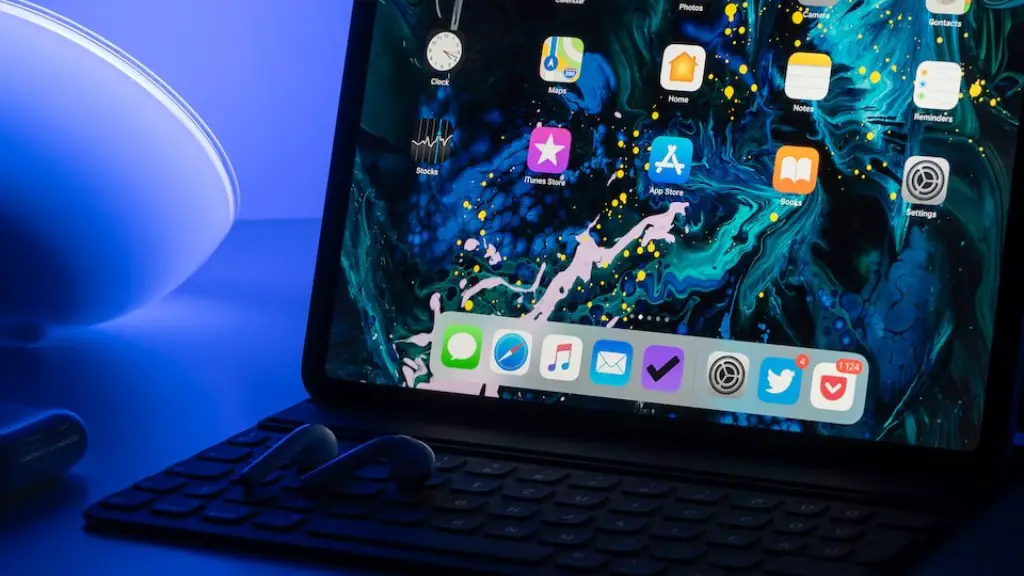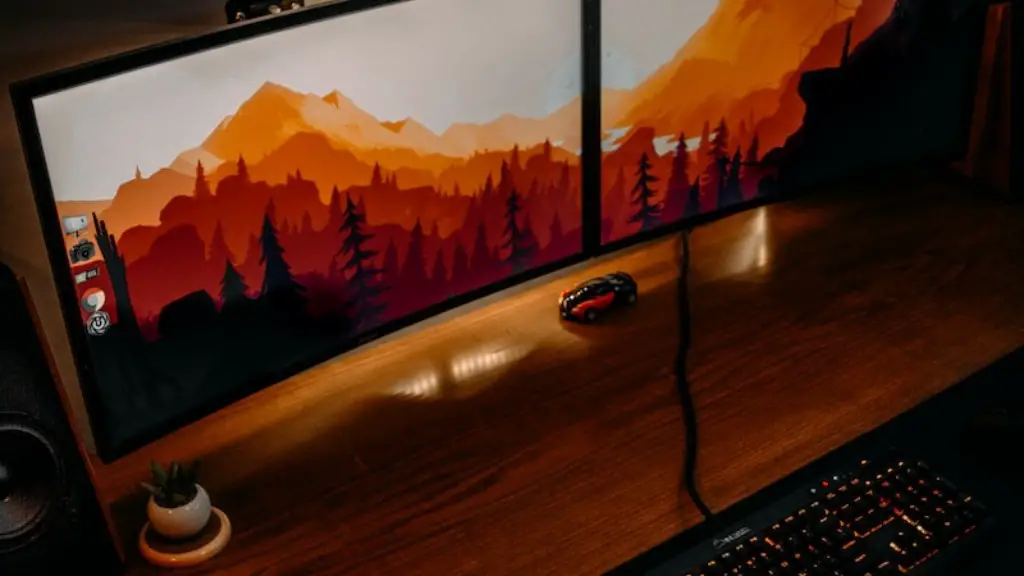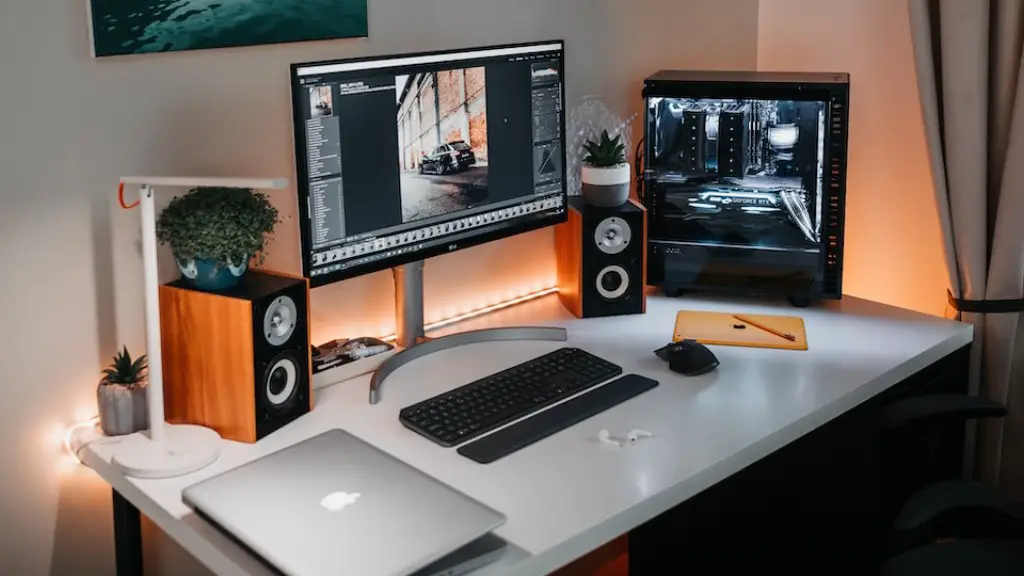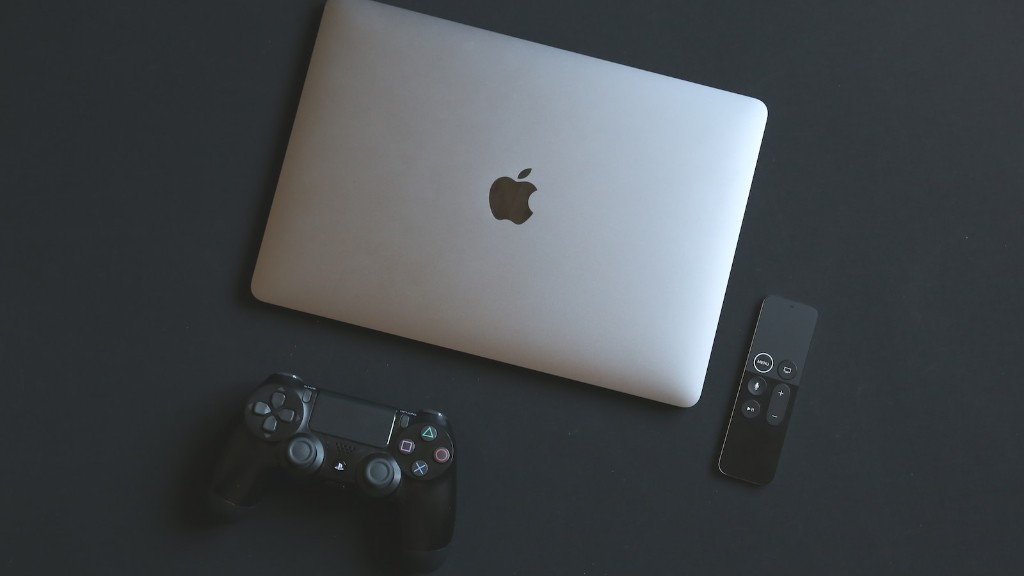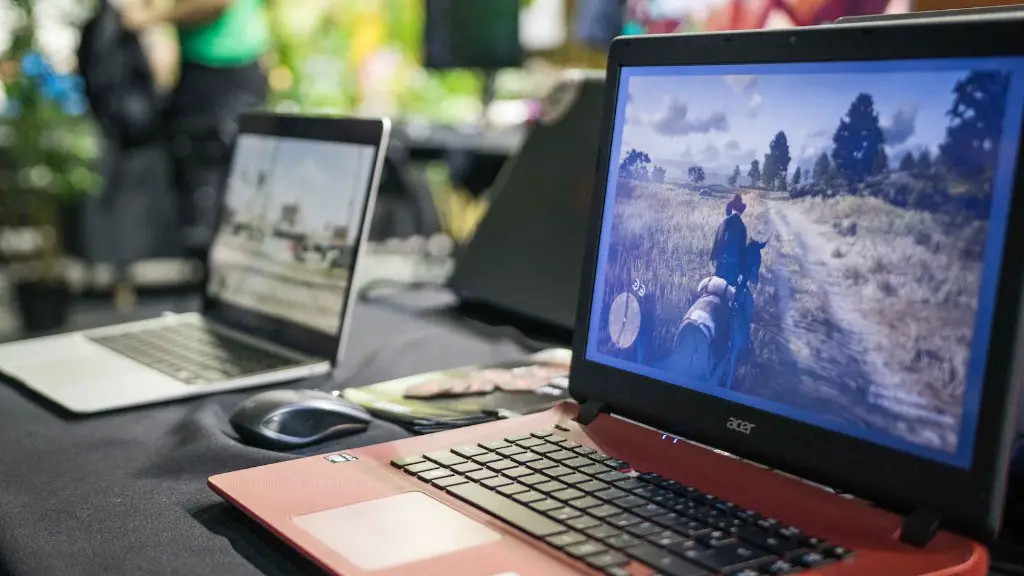Overclocking your gaming laptop can be a great way to improve its performance. However, it is important to be aware of the potential risks involved in doing so. This guide will help you understand what overclocking is, how to do it safely, and what to expect in terms of improved performance.
1. Make sure your gaming laptop is cooled properly. Overheating is the number one cause of hardware damage, so you want to make sure your laptop is as cool as possible.
2. Use a software program to overclock your gaming laptop. There are a number of programs available, so find one that is compatible with your laptop and easy to use.
3. Change the BIOS settings. This is the most important step in overclocking your laptop. You will need to increase the CPU voltage and clock speed.
4. Test your laptop. Once you have overclocked your gaming laptop, it is important to test it to make sure it is stable. Run benchmarks and stress tests to check for any stability issues.
Can you overclock your laptop?
Overclocking a laptop is a process of configuring the computer system to run at a higher speed than the factory certified speed. This is done by increasing the central processing unit (CPU) clock rate, which in turn increases the speed of the computer. There are three methods to overclock a laptop: tweak the BIOS settings, use generic overclocking software to adjust CPU voltage and timing, and with Intel and AMD programs designed specifically for that purpose.
The BIOS is a firmware stored on a chip on the motherboard. It controls the basic operations of the computer. To overclock the CPU, the BIOS settings must be changed. This is the most difficult and dangerous method, as it is easy to damage the CPU if the settings are not configured properly.
Generic overclocking software can be used to adjust the CPU voltage and timing. This method is less dangerous than tweaking the BIOS, but it is still possible to damage the CPU if the settings are not configured properly.
Intel and AMD both have programs designed specifically for overclocking their respective CPUs. These programs are the safest way to overclock a laptop, as they are designed to prevent the CPU from being damaged.
There are a few things you can do to upgrade and optimize your laptop for gaming:
1. Upgrade your RAM – This will help improve game performance and load times.
2. Switch to a Solid State Drive (SSD) – This will also help improve game performance and load times.
3. Boost your internet speeds – This will help reduce lag and improve online gaming experiences.
4. Get an External Graphics Card (eGPU) – This can significantly improve gaming performance, especially if your laptop’s internal graphics card is not very powerful.
5. Update your software – Keeping your operating system and drivers up-to-date can help improve game performance.
6. Optimize your settings – Tweaking your game settings can sometimes help improve performance.
7. Clean your laptop – Over time, dust and dirt can build up inside your laptop and cause it to run slower. Cleaning it out can help improve performance.
8. Close background apps while gaming – Having too many programs running in the background can use up valuable resources and cause gaming performance to suffer. Closing unnecessary apps can help.
9. Use a gaming laptop cooling pad – This can help improve gaming performance by keeping your laptop cooler
Is it good to overclock CPU on laptop
Increasing a CPU’s clock speed can improve its performance by allowing it to process more instructions per second. Overclocking can also extend the useful life of a processor by helping it keep up with increasingly demanding software requirements. Modern PC components are often designed to run at higher temperatures than many users assume, so overclocking may not be as risky as some people think.
Overlocking your computer can be a great way to improve its performance. However, you should be aware that anything below 10% may still give you stable performance. If you experience any crashes or game malfunctions, it is possible that your hardware is not designed for overclocking at all. In this case, you may need to increase your computer’s temperature limit.
How can I increase my laptop GHz?
You can raise your laptop’s GHz speed simply by swapping out the old CPU for a newer, faster processor. This is a relatively easy upgrade and can be done by following a few simple steps. First, you’ll need to purchase a new CPU that is compatible with your laptop. Then, you’ll need to remove the old CPU and install the new one in its place. Finally, you’ll need to reinstall your operating system and any applications that you use. After completing these steps, your laptop’s GHz speed will be significantly increased.
Overclocking can be a great way to get more performance out of your PC, but it is not without its risks. Make sure you know what you’re doing before you start overclocking, and be prepared for things to go wrong. With a little bit of care and preparation, however, you can enjoy the fruits of your labour and get some great performance gains.
Can you damage your PC by overclocking?
Overclocking your CPU can cause some serious problems, the most important being overheating. Overheating can cause your CPU to fail, and can also cause permanent damage. Overclocking can sometimes introduce an element of sporadic performance in your computer, which can be frustrating.
Overclocking RAM can help improve its performance, but it’s important to be aware of the risks involved. Overclocking can lead to stability issues and can shorten the lifespan of your RAM. Proceed with caution and always consult with experienced professionals before making any changes to your RAM.
How can I boost my laptop
1. Uninstall unused and unneeded programs from your computer. This will help to clear up space and resources that these programs are using.
2. Limit the programs that start up automatically when your computer turns on. This can help to speed up the overall boot time of your machine.
3. Add more RAM to your computer. This will help to increase the amount of memory that is available to your system, which can help to improve performance.
4. Check for spyware and viruses. These can often bog down your system and cause performance issues.
5. Use Disk Cleanup and defragmentation. These tools can help to clean up your hard drive and improve the way that your system accesses files.
6. Consider a startup SSD. These can often significantly improve the speed of your computer.
7. Take a look at your web browser. Some browsers are simply more efficient than others and can help to improve your overall speed.
To overclock your computer’s RAM, you’ll need to access the UEFI/BIOS. In the same section where you adjust the frequency, you should see an option to disable XMP profiles and switch to manual overclocking. Once you’re in manual mode, you can begin tightening the timings. This process involves tweaking the various numbers and saving your new settings. You’ll then have to restart the computer to see if the new settings are stable.
How much does it cost to overclock a CPU?
Realistically, a very good CPU can be overclocked by 15-20% for raw MHz. However, there are other types of overclocking that can be more effective. For example, Pascal-based Geforce cards are designed to be pushed to their limits, and as such can be overclocked for better performance.
If you’re not sure whether your CPU or GPU is overclocked, there are a few ways to check. Use CPU-Z to check the clock frequency of your CPU, use GPU-Z to check your GPU clock frequency, or use MSI Afterburner to check the clock speed of the GPU. You can also check the clock speed of the CPU in the BIOS.
Does overclocking reduce PC lifespan
Overclocking does reduce the lifespan of components, but the drop in lifespan is so small that your CPU is going to be obsolete by the time it dies whether you overclock it or not.
Overclocking can lead to a decrease in a component’s lifespan. The increased heat from the increased power can damage the component. Additionally, overclocking can void warranties.
How many GHz is fast for a laptop?
A clock speed of 35 GHz to 40 GHz is generally considered a good clock speed for gaming. However, single-thread performance is more important for gaming. This means that your CPU does a good job of understanding and completing single tasks.
These records were broken in late 2022 when an Intel Core i9-13900K was overclocked to 901 GHz. The previous highest base clock rate on a production processor was the IBM zEC12, clocked at 55 GHz, which was released in August 2012.
Does higher GHz mean a faster computer
The clock speed of a CPU is an important factor in determining the speed at which it can process information and run applications. A higher clock speed means a faster processing speed and smoother running of applications.
In general, you can expect a 3-12 FPS difference when using a CPU cooler. This will vary depending on your specific case and other cooling components, as well as the types of games you’re playing. If you’re looking to eke out every last bit of performance, then a CPU cooler is definitely worth considering.
Final Words
If you’re looking to overclock your gaming laptop, there are a few things you’ll need to keep in mind. First, you’ll need to make sure that your laptop is capable of being overclocked. Most gaming laptops will have this capability, but it’s always best to check with the manufacturer to be sure. Second, you’ll need to consider what you’re looking to gain from overclocking your laptop. Are you looking for a boost in performance? Or are you simply looking to extend the life of your laptop?
Once you’ve decided what you want to achieve, you’ll need to increase the power and thermal limits in your laptop’s BIOS. This will allow your laptop to run at higher speeds without running into thermal or power issues. Finally, you’ll need to test your laptop’s new overclocked settings to make sure everything is stable. Once you’ve done all of this, you should see a significant increase in your laptop’s performance.
If you want to get the most out of your gaming laptop, overclocking it is a great way to go. By overclocking, you can increase the clock speed of the CPU and GPU, which can lead to improved performance. However, before you overclock, you should make sure that your laptop can handle the increased heat and power consumption. Additionally, you’ll need to use BIOS or software tools to overclock your laptop, so be sure to do your research before getting started. With a little bit of effort, you can greatly improve your laptop’s gaming performance by overclocking it.
